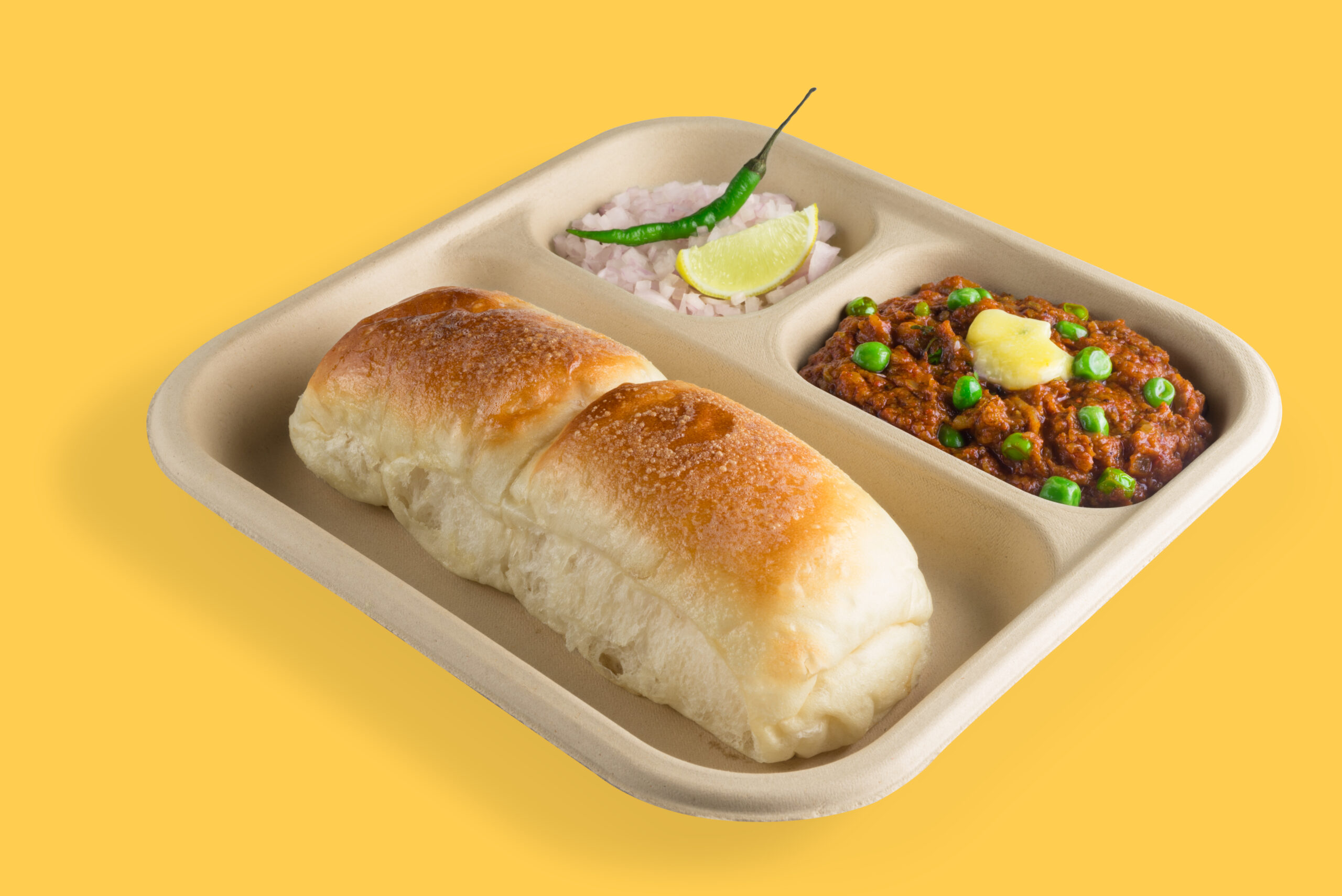Let’s see how compostable tableware supports the circular economy, the impact of non-recyclable tableware on the environment, and the benefits of using eco-friendly tableware.
Introduction
In today’s world, there is a growing need to embrace sustainability practices in all aspects of our lives. This has led to the rise of eco-friendly products, including compostable tableware. Compostable tableware refers to disposable plates, cups, and utensils made from materials that can be composted after use.
The impact of non-recyclable tableware on the environment
Non-recyclable tableware, such as plastic plates and cups, significantly impacts the environment. These products are made from petroleum-based materials, which are not biodegradable and take several years to decompose. When disposed of improperly, they end up in landfills or oceans, causing pollution and harm to wildlife.
Furthermore, the production and transportation of non-recyclable tableware require fossil fuels, contributing to greenhouse gas emissions and climate change. The production process also uses significant water and energy, further depleting natural resources.
Understanding the Circular Economy
The circular economy, an economic model, aims to reduce waste and promote the efficient use of resources. It involves designing products and processes that prioritise sustainability, reduce waste, and promote the reuse and recycling of materials.
In the circular economy, waste is a valuable resource that can be repurposed rather than something for disposing of. This approach aims to create a closed-loop system where resources are used for as long as possible, reducing the need for new resources.
Chuk is a group of individuals who want to impact the community and the planet. They have continuously innovated to solve environmental problems and use zero fossil fuels in production.
They have embraced the circular economy to reduce garbage, replace plastics with non-toxic alternatives, and leave the earth a better place. For over three years, they have been manufacturing eco-friendly food packaging for restaurants, doing their bit to reduce pollution from food packaging materials. They make their tableware products from agro-residue.
They collect the fibrous stalk from sugar mills and make the pulp required for CHUK— compostable tableware. Interestingly, the short fibres of sugar cane are well suited for curving around all the shapes we need for plates, bowls, and trays. In addition, they don’t use bleaching chemicals to make eco-friendly food plates.
Their team members, village women, pack the CHUK products and ship them to a biodegradable plates wholesale distributor. Restaurants, canteens and caterers have started using CHUK products, a healthier and cheaper option.
Since CHUK products are compostable, in 180 days, the used disposable plates, packaging materials, bowls, and more go back to the earth and decompose.
This circle, from the earth, returns to the ground with a few in-between processes to form a circular economy.
How compostable tableware supports the Circular Economy
Compostable tableware supports the circular economy by promoting the reuse of materials. Unlike non-recyclable tableware, CHUK’s compostable tableware is made from materials that can be regenerated after use. It decreases the amount of waste in landfills or oceans and promotes the efficient use of resources.
Furthermore, producing compostable tableware requires less energy and water than non-recyclable tableware, reducing the impact on natural resources. By choosing eco-friendly disposables, you are supporting sustainable practices and contributing to a more circular economy.
Benefits of buying biodegradable plates
There are numerous benefits if you buy biodegradable plates. Firstly, it reduces the amount of waste in landfills or oceans, reducing pollution and harm to wildlife. Secondly, it promotes the efficient use of resources by creating a closed-loop system where waste is seen as a valuable resource.
Thirdly, eco-friendly food plates are made from renewable or biodegradable materials, like sugarcane bagasse, reducing the impact on natural resources and promoting sustainability. Fourthly, using compostable tableware is cost-effective in the long run.
How to dispose of compostable tableware properly
Proper disposal of disposable plates is essential to ensure that they can be repurposed or recycled after use. Most compostable tableware can be composted, depending on the materials used. It is essential to check the packaging or contact the manufacturer to determine the proper disposal method.
Composting is an excellent option for tableware made from biodegradable materials. Proper disposal ensures that the materials can be repurposed or recycled, contributing to a more circular economy.
CHUK is leading the way in eco-friendly food delivery packaging by prioritising sustainability in their production processes, using renewable or biodegradable materials and promoting responsible disposal.
Embracing a sustainable future with Compostable food packaging is crucial in supporting the circular economy and promoting sustainability. By choosing eco-friendly tableware like CHUK, we can reduce waste, encourage the efficient use of resources, and contribute to a more sustainable future.
Join the movement towards sustainability by choosing CHUK compostable tableware for your next event or gathering. Together, we can create a more sustainable future and promote the efficient use of resources.


